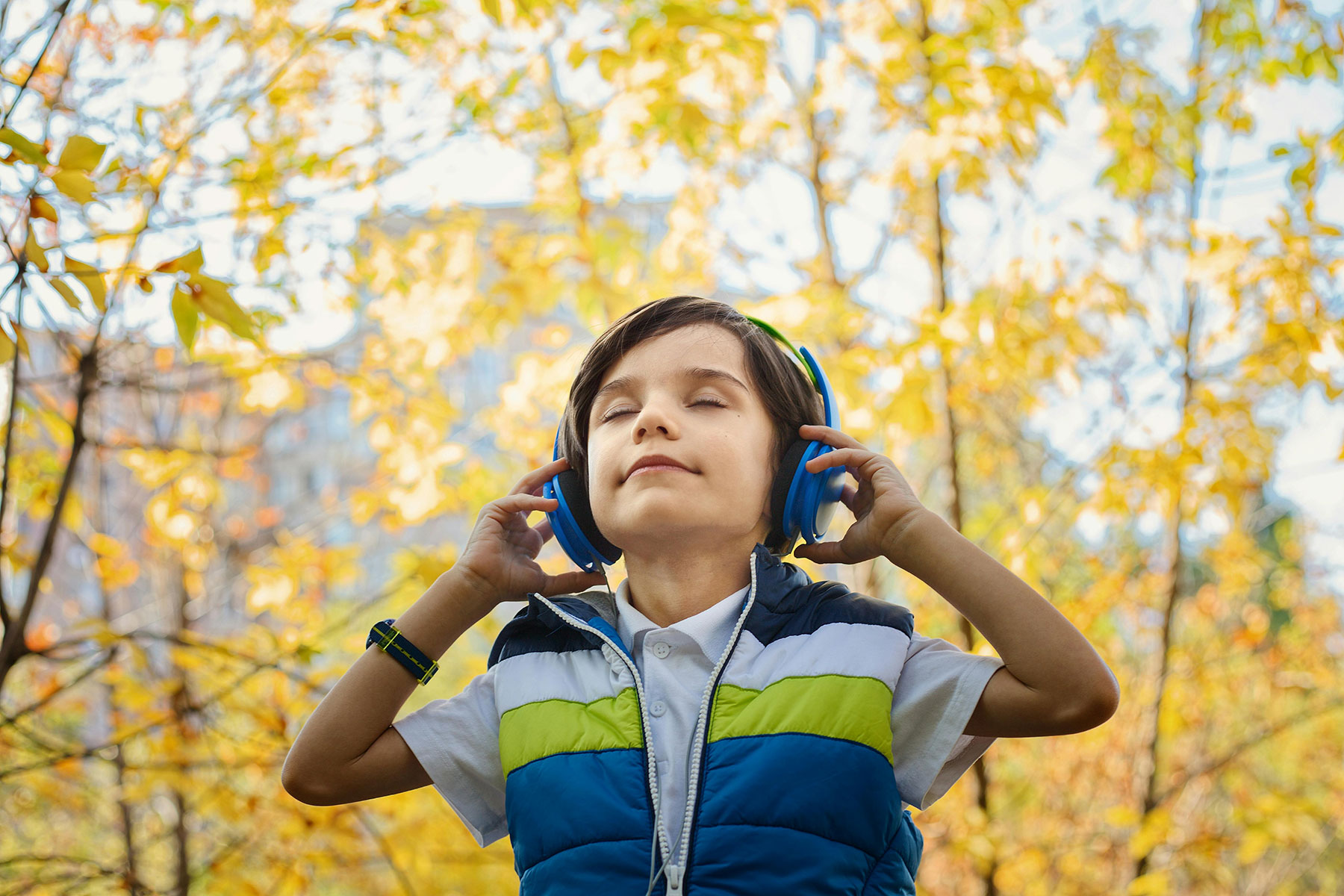
By Barbra Weidlein
Trauma settings
Music therapists have been called upon to support the recovery of individuals and communities following horrific events as well as natural disasters. Settings have included New York City metropolitan area after the 9/11 terrorist attacks; New Orleans after Hurricane Katrina; Umpqua Community College after a mass shooting on campus; various war- and post-war zones; and other disaster recovery situations.
According to the American Music Therapy Association, music therapy addresses trauma by providing:
• Non-verbal outlets for emotions associated with traumatic experiences
• Anxiety and stress reduction
• Positive changes in mood and emotional states
• Active and positive participant involvement in treatment
• Enhanced feelings of control, confidence, and empowerment
• Positive physiological changes, such as lower blood pressure, reduced heart rate, and relaxed muscle tension
“With individuals who have experienced trauma,” says Jim Borling, director of Radford University’s Music Therapy program, “music becomes an outlet for expressing emotion. Music therapy has a way of letting people know that it is ok to feel what you are feeling. It is ok to acknowledge what has happened.”
Borling brought his skills as a music therapist to Newtown, Connecticut where a 2012 shooting at Sandy Hook Elementary School took the lives of 20 children and six staff members, and to Virginia Tech (Virginia Polytechnic Institute and State University) after a campus shooting in 2007 killed 32 and injured many others.
Share This Post!
Emotional and Psychological Trauma
By Lawrence Robinson, Melinda Smith, M.A. and Jeanne Segal, Ph.D. What is emotional and psychological trauma? Emotional and psychological trauma occurs when extraordinarily stressful events shatter your sense of security. Psychological trauma can leave you [...]
Understanding Childhood Trauma: Ways to Support Young People
By Boys & Girls Clubs of America For generations, tough childhood experiences have been swept under the rug by phrases like these. Oftentimes, the reason why is simple: many families simply did [...]
Addressing The Link Between Trauma And Addiction
By National Governors Association Many Americans have experienced traumatic events, toxic stress, and other types of adversity in childhood. However, repeated exposure to trauma and adversity in childhood predicts a variety [...]
The Health Benefits of Volunteerism
By Eric Burger It’s a simple fact that every nonprofit organization knows: volunteering makes you feel better. But did you know that the anecdotal stories about volunteering health benefits have been [...]
Checklist: Creating Safe Spaces for Youth
By Mental Health America Now more than ever, young people need an environment where they feel seen, heard, and valued. [...] Creating connection starts with you, so allow youth to get [...]
What is Childhood Trauma: Trauma Types
By The National Child Traumatic Stress Network When a child feels intensely threatened by an event he or she is involved in or witnesses, we call that event a trauma. There [...]







